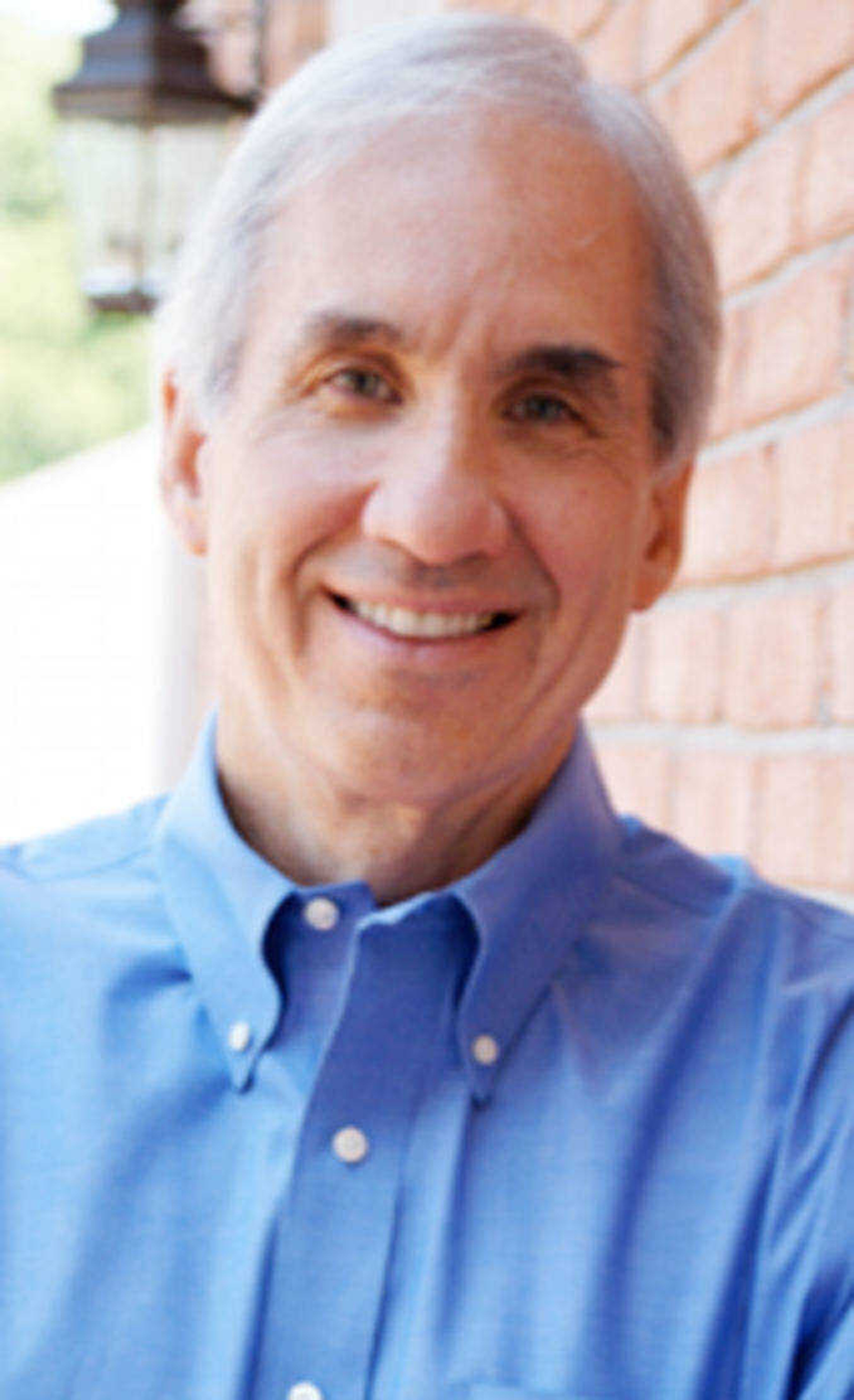BELTWAY'S MEDIA BIAS SHOULD BE RESERVED FOR OPINION PAGES
Besides the constant irritant of the Clinton administration, what is the one thing that elevates a conservative's blood pressure more consistently than anything else? The answer: the undisclosed liberal bias in the reporting of the national media. Please note every word. ...
Besides the constant irritant of the Clinton administration, what is the one thing that elevates a conservative's blood pressure more consistently than anything else? The answer: the undisclosed liberal bias in the reporting of the national media.
Please note every word. It's not merely their bias everyone has biases. But the beltway media preposterously contends that their bias does not interfere with their objective reporting. To the contrary, their political sympathies are reflected in the selection of stories that are reported, the wording of the headlines, and the content of the stories themselves.
A Roper Center poll released in April 1996 revealed that 89 percent of Washington reporters voted for Clinton in 1992, and 7 percent voted for Bush. Sixty-one percent called themselves "liberal" or "moderate to liberal" and 9 percent "conservative" or "moderate to conservative." Fifty percent said they are Democrats, 4 percent Republicans (apparently the remaining 46 percent were in liberal denial). Fifty-nine percent called the Contract With America "an election year campaign ploy," and 3 percent thought it was "a serious reform proposal."
Interestingly, even retired media dean Walter Cronkite admitted that "everybody knows that there's a liberal, that there's a heavy liberal persuasion among correspondents."
But there is a significant silver lining to this story. Certain watchdog groups have risen up over the years for the express purpose of documenting media bias. One such group, Brent Bozell's Media Research Center, on Dec. 9, 1999, presented the Dishonor Awards for the Decade's Most Outrageous Liberal Bias.
A friend of mine who attended said he hadn't laughed that hard in a long time. He then pensively added, "But when you think about it, this is quite disturbing."
Emcee Stan Evans of the National Journalism Center aptly remarked that there is nothing crueler than to condemn people with their own words. Here's a sampling:
TV critic John Leonard won the How Do I Hate the Gipper Award with this choice quote: "In the plague years of the 1980s that low decade of denial, indifference, hostility, opportunism, and idiocy government fiddled, and medicine diddled, and the media were silent or hysterical. A gerontocratic Ronald Reagan took this (AIDS) plague less seriously than Gerald Ford had taken swine flu. After all, he didn't need the ghettos and he didn't want the gays."
The Wackiest Analysis award went to Elaine Shannon for nearly eulogizing Ted Kaczynski (the Unabomber) for not being hypocritical (presumably in acting out his murderous contempt for polluters of the environment). But the runner-up in that category was equally brilliant. Newsweek's Jerry Adler in the Dec. 31, 1990, issue, noted: "It's a morbid observation, but if everyone on earth just stopped breathing for an hour, the greenhouse effect would no longer be a problem."
Time's former reporter Nina Burleigh won the Presidential Kneepad award hands down, but her quote is too obscene to include. But Dan Rather's runner-up utterance is as pure as snow: "If we could be one-hundredth as great as you and Hillary Rodham Clinton have been in the White House, we'd take it right now and walk away winners. ... Thank you very much, and tell Mrs. Clinton we respect her, and we're pulling for her."
Columnist and radio talk-show host Julianne Malveaux said of Justice Clarence Thomas, "I hope his wife feeds him lots of eggs and butter and he dies early like many black men do of heart disease. Well, that's how I feel. He is an absolutely reprehensible person."
Let's be clear here. No one is suggesting that journalists be denied their First Amendment rights or their precious political biases. We just want them to be open and honest about those biases.
The editorial pages and political commentaries, designated as such, are the proper venues for the injection of a commentator's political views. But when reporters are selecting and reporting the news, as painful as it must be for them, they must endeavor to leave their prejudices on the cutting room floor.
Since such an expectation is sheer fantasy, I expect that we'll be seeing, reading and hearing a great deal from the Media Research Center in the future. In the meantime, beltway reporters should be on notice that their reporting is being monitored and assimilated for next year's nominations as we speak. And that is a beautiful thing.
~David Limbaugh of Cape Girardeau is a columnist for Creators Syndicate.
Connect with the Southeast Missourian Newsroom:
For corrections to this story or other insights for the editor, click here. To submit a letter to the editor, click here. To learn about the Southeast Missourian’s AI Policy, click here.










